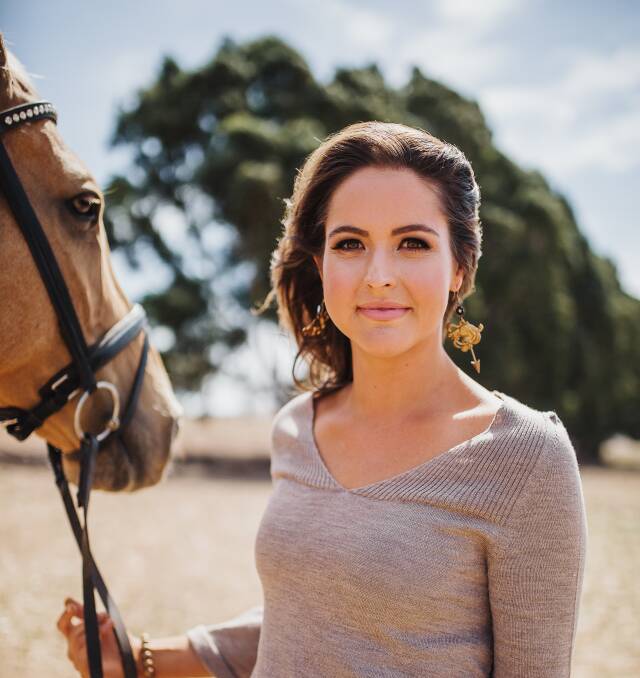
Australian Wool Growers' Association has welcomed its second female director in the space of a month, heralding a push towards more gender equality on the board.
Subscribe now for unlimited access to all our agricultural news
across the nation
or signup to continue reading
South Australian wool grower and fashion designer Emily Riggs is the newest director, joining Angela Byron, who became the first female director on the AWGA board in August.
Ms Riggs and husband Tom are based at Burra and run a Merino enterprise across five properties, shearing between 12,000 to 15,000 sheep a year.
Their children Sam, 3, and Lucy, almost 1, represent the sixth generation of wool growers in the family operation.
In 2019 Ms Riggs launched her Australian Merino wool fashion label, Iris and Wool, which has seen rapid growth, with sales jumping by 385 per cent in the last 12 months.
Ms Riggs said she was excited about joining the AWGA board and helping to champion the wool industry.
"Being married to a Merino farmer I'm exposed to the fibre on a daily basis at the start of the line with the sheep and then I have my own fashion label so I can see where it all ends up," she said.
"I can bring a sustainability focus to the board, I think people at the moment are wanting sustainable clothes and of course Merino wool is that plus it's renewable and biodegradable."
Ms Riggs said there were increasing numbers of opportunities for women in the wool sector.
"Throughout my journey from farming to fashion production, I've been able to connect with female farmers, shearers and producers who are equally as passionate about their work and want to encourage more women to enter the industry," she said.
With business booming, Ms Riggs is looking to the future, with hopes to use wool shorn from their own lambs in Iris and Wool designs. She has also teamed up with wool ambassador Catriona Rowntree to design a capsule collection, due for release next year.
"I just hope I can bring something positive to the industry and help it continue to grow," she said.
"I am proud of the high-quality Merino fibres we are producing in Australia and believe there's such an opportunity to take Merino wool to the world stage."
Ms Byron said it wasn't just a matter of gender equality but also of having the highest quality directors possible.
"I'm absolutely thrilled to have Emily join us," she said.
"Not only is it important to have female representation but we're really pleased to have someone of Emily's calibre on board in terms of her wool industry experience, the value that she brings with her business acumen and the fact that she's a true champion of wool as a fibre.
"I think there's a growing movement towards recognising the role that women play in the industry in anywhere from the shearing shed to producing wool products and in the boardroom.
"It's a reflection of the fact that the industry is moving more towards equality in governance and decision making and embracing the involvement of women."
Ms Byron said AWGA currently has six directors but there's room for growth.
"We do actually have more room for more directors than AWGA has historically carried," she said.
"The wool industry in the past has been very focused on the production of wool but like most industries, there are so many more factors that need to come into consideration when we're talking about the sustainability of wool as a fibre ... there's such a broad landscape for wool now, more than ever, and I think that's why it's important for us to continue to grow so we can fully represent wool in those areas.
"It's really important to have the right people with the right skills, the right understanding ranging from wool production to wool and sheep science, to governance, to marketing... we really are looking to build AWGA into a really well-rounded organisation that's capable of tackling any industry issue."


